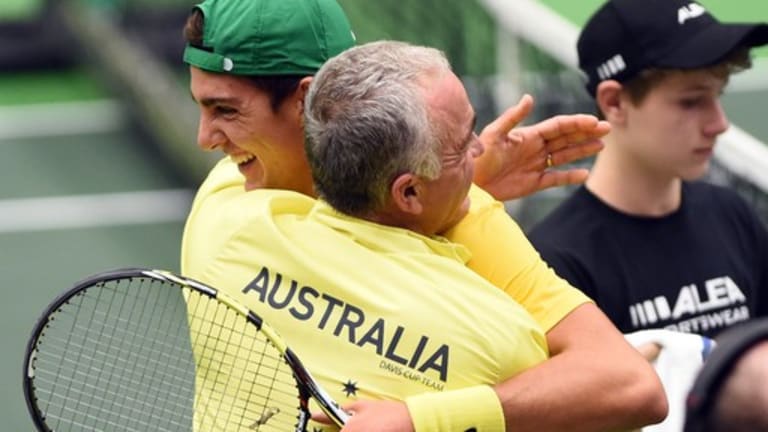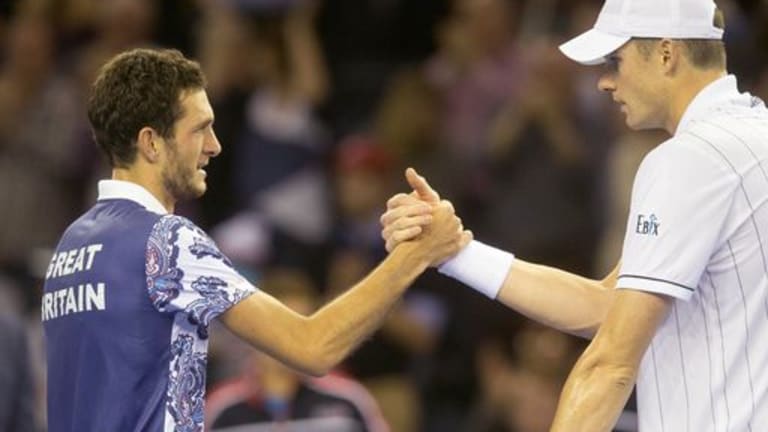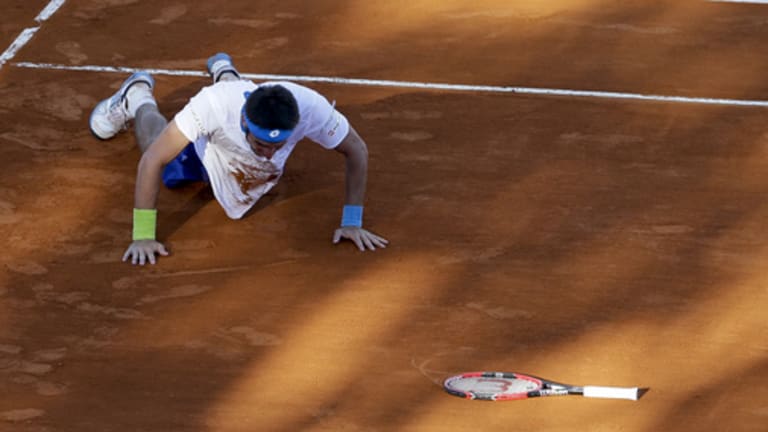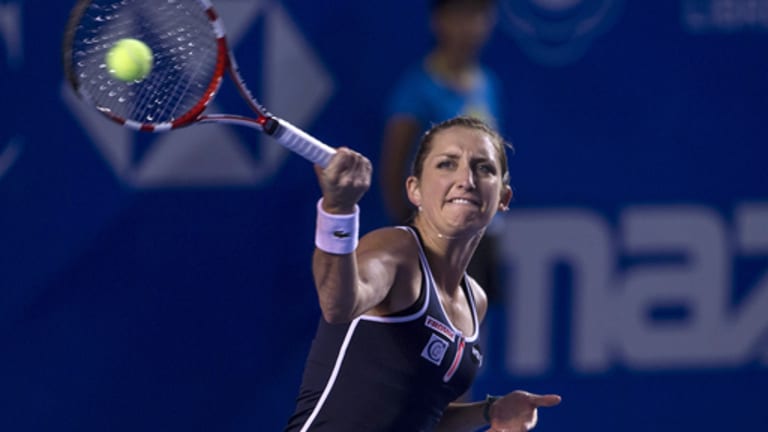The heart of the tennis season traditionally starts beating at Indian Wells. From that point until the end of Wimbledon in July, virtually everything—every week—counts. Over those five months, two Grand Slams and five Masters events, four of them dual-gender, will be played.
This year, though, the men got the blood flowing a little early. The first round of Davis Cup was moved back a month, from early February to early March. There were eight World Group ties this weekend, and five of the current Top 10 were in action. As always, there was plenty to see and digest, including the second-longest singles match in tennis history.
The women weren’t idle, either—there were two intriguing results on the WTA side as well. All in all, it wasn’t a bad lead-in to Indian Wells. Here’s a five-part attempt to put this far-flung weekend in some semblance of perspective.




